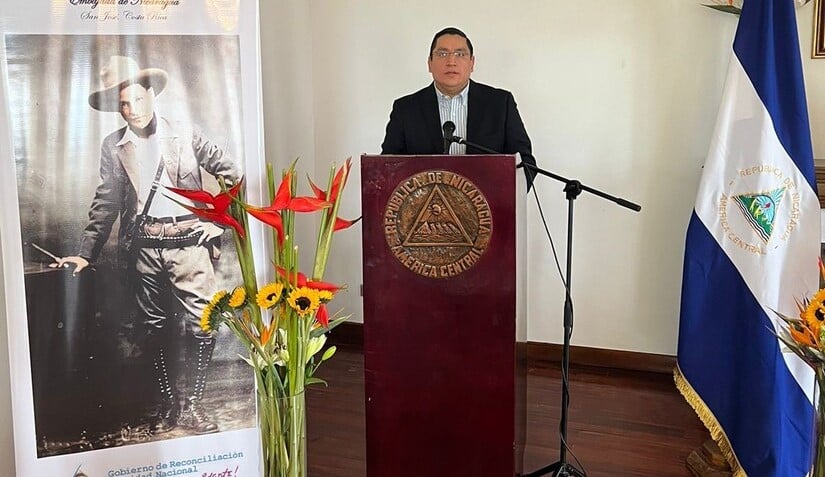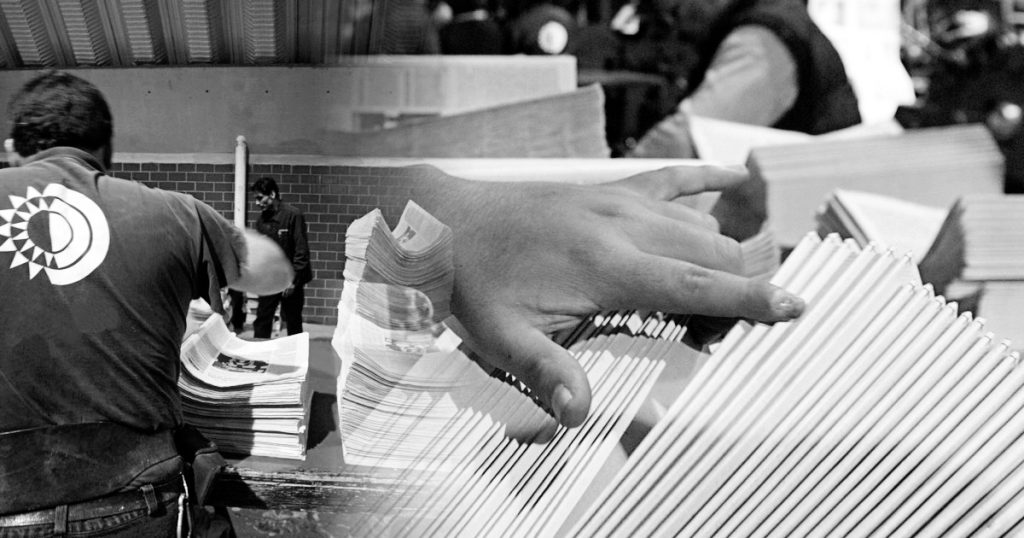The resignation of Duilio Hernández Avilés from his position as ambassador of the Daniel Ortega regime in Costa Rica and from the diplomatic service, on July 7, surprised sources close to the foreign service. The “astonishment” is due to the fact that the now former diplomat “has always been there” and he is also the nephew of the head of the Nicaraguan Army, General Julio César Avilés.
According to the ministerial agreement 32-2022 of the Foreign Ministry of the Republic, published this Wednesday, July 13 in La Gaceta, official newspaper, Hernández Avilés resigned —including— the rank of third secretary in the diplomatic ranks of the Nicaraguan foreign service, to which he belonged since September 29, 2005. Therefore, the sources indicate that the diplomat may have been forced to resign.
“All these people who are in the diplomatic service who have resigned and who have wanted to leave is because they have a past that is not Sandinista,” the source warned. “But already getting out of the diplomatic ranks —as happened with Hernández Avilés— is for something else,” she continued.
By resigning from the diplomatic ranks, Hernández Avilés is excluded from the registry of active officials in the foreign service, in accordance with Law 358 or Foreign Service Law and its Regulations.
The resignation of Hernández Avilés was also surprising because, in the Nicaraguan diplomatic mission in San José, he was known to be the nephew of General Avilés and represented the Ortega regime in regional meetings, such as the Summit of Central American presidents with the head of the Spanish Government, Pedro Sánchez, in June 2021.
In Costa Rica
Hernández Avilés was appointed as Nicaraguan ambassador to Costa Rica in February 2018, replacing Harold Rivas, who was in office for 11 years and was forced to resign due to the scandal generated by the application of sanctions by the State Department of the US against his brother and electoral magistrate, Roberto Rivas, who died in March 2022.
Hernández Avilés previously served as chargé d’affaires of the Nicaraguan embassy in Costa Rica, but had been an accredited Nicaraguan diplomat since 2006, during the final stage of the Enrique Bolaños government.
In Costa Rica he is remembered because in April 2010, when he was an official at the Nicaraguan consulate, Hernández Avilés appeared in the news driving a 2009 BMW M3 car, which entered Costa Rican soil through the Peñas Blancas border, and was exonerated. payment of taxes because it is a car for diplomatic use.
However, the vehicle with a value of 76,276 dollars —which was registered in Costa Rica in the name of the then third secretary of the Nicaraguan embassy, Guillermo Matus Cortés— was used by Roberto Miguel Rivas Delgado, son of the former electoral magistrate, Roberto Rivas. , who was studying medicine at a university in San José.
Retired in 2019
In mid-2019, the Ortega regime attempted to transfer Ambassador Hernández Avilés from Costa Rica to Turkey; However, months later, the decision was reversed due to the silence of the Government of Costa Rica regarding the request for approval for the appointment of Gilda Bolt González.
According to reports from the Costa Rican newspaper La Nación, after the government repression of the April 2018 protests in Nicaragua, Hernández Avilés participated, along with diplomats from Cuba and Venezuela, in at least five meetings with Costa Rican political groups in search of support. for Ortega.
The resignation of Hernández Avilés coincided with the day on which 18 nuns from the Missionaries of Charity of the Order of Mother Teresa of Calcutta in Nicaragua were expelled to Costa Rica, whose charitable association was dissolved by the Ortega government.
The Nicaraguan Foreign Ministry also rescinded the appointment of Hernández Avilés’ wife, Ana Lílliam Yllescas Valle, to the position of attaché with consular functions at the Nicaraguan Embassy in Costa Rica, according to the Official Gazette.















